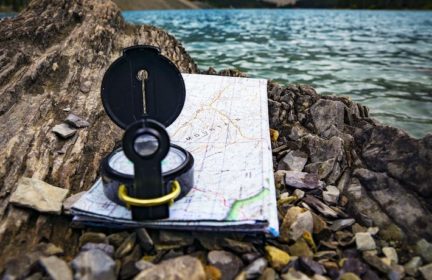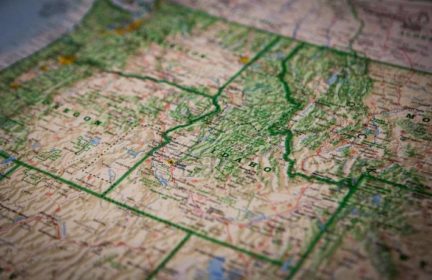How we can teach children and youth prepping skills
“They should teach this in the schools.”
I have read that comment referring to prepping skills repeatedly, or some variation of it, in various threads and have said the same thing myself.
Emergency preparedness doesn’t appear to be taught in school.
Note: Please say so if you know that it is, because I would like to know how that community got it into the curriculum.
If it isn’t taught in school, then that leaves the parents and the home environment as the place where preparedness is taught.
In an ideal world, prepping would be taught at school and at home.
If we think of prepping as a lifestyle, then it follows that children and youth at home would grow up with that mind set and philosophy.
It is possible that as they emerge into adulthood, they might reject that lifestyle. They might also return to a prepping lifestyle eventually.
Regardless of whether they reject it or not, at least as adults they would have roots in prepping and develop some basic skills and knowledge.
There are exceptions where some parents are not suitable in the role of teacher. A parent who doesn’t recognize their limitation and unsuitability as a teacher can destroy their child’s love of learning.
Every child or youth learns in different ways. Some children are “hands on” learners, others lean more toward self-teaching, while others like to observe and learn.
To be an effective teacher, a parent must understand this and adapt their teaching style to suit the child. A frustrated child will soon grow to hate learning if it becomes associated with unpleasantness and stress rather than the joy of learning and discovery.
I am not a fan of “everybody’s a winner” methodology used in some schools.
Children need to understand that they will make mistakes and that is another feature of learning. It also prepares them for how things will work once they are employed or self-employed.
If the parents are not suitable to teach and they know it, then what?
Fortunately, there is a broad base of substitute teachers who can work with the family’s philosophy of prepping and help out.
Other family members, prepping friends, groups such as Boy Scouts and Girl Guides, survival skill courses, for example. There are family farms who open their farms to people who want to take a vacation and participate in a working family farm.
Most of us keep our prepping low key, but it is still possible to have a neighbour, family or friends outside the prepping community to teach your child how to fish, hunt, sew, bake bread, garden, animal husbandry, first aid, and financial skills, without disclosing that these skills are about prepping.
You could call them life skills or wanting your child involved in the environment and understanding where their food comes from. Frankly, after the walloping big lesson Covid-19 has taught the world, I don’t think too many people would even question a parent wanting their child to learn those skills.
This morning I am wondering who here is teaching their prepping skills to their children or grandchildren and if so, what has your experience been as a teacher of these skills and lifestyle? Was the experience always successful or did you learn things along the way?
Have some of your children rejected the prepping lifestyle? If so, do you know why?
Outside of volunteering, what are some ways we can lead by example and encourage prepping? Are we noticing the opportunity to teach when it happens?
Can you think of other ways we can teach prepping skills?
-
Comments (8)
-

